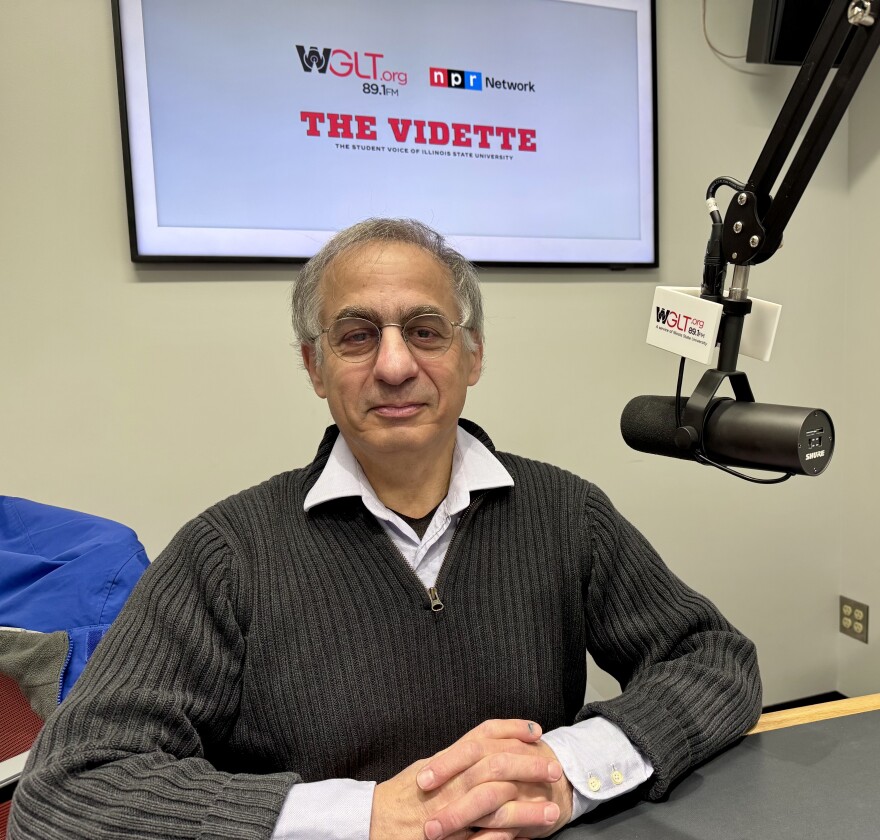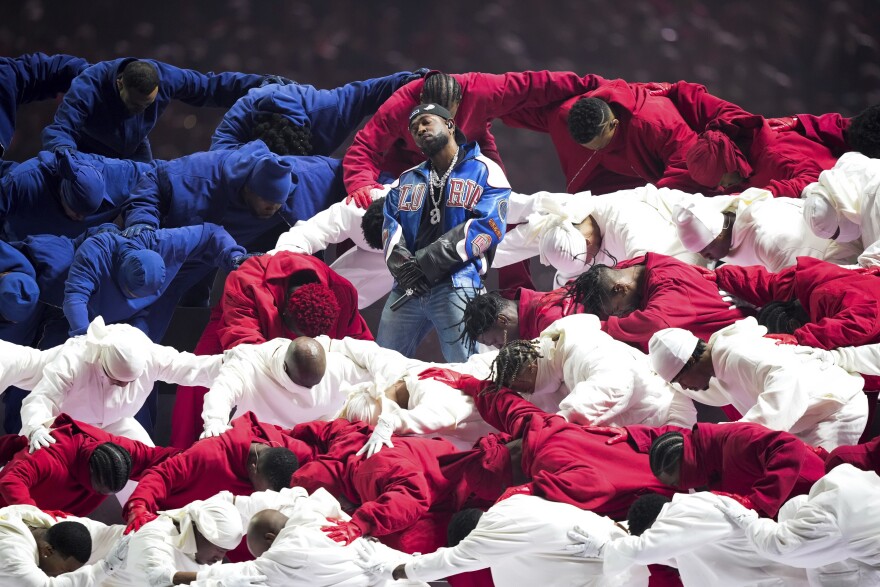A festival honoring American composer Charles Ives makes its fourth and final stop at Illinois State University this week. In crafting a sesquicentennial celebration of Ives’ life and music, author and musicologist Joseph Horowitz asks larger questions about music and memory.
“You can't change the past, but you can sure listen to it,” Horowitz writes as an introduction to his More Than Music segment on NPR’s 1A.
At some point, art music became detached from the American zeitgeist and stayed that way, which according to Horowitz, says something about us.
“Of the crises today afflicting the fractured American experience," he wrote for Arts Journal, "the least acknowledged and understood is an erosion of the American arts correlating with eroding cultural memory. … If Charles Ives is the supreme creative genius of American classical music, it’s partly because, more than any other American composer of symphonies and sonatas, he is a custodian of the American past."
Horowitz will begin his stay in Bloomington-Normal on Wednesday.

The festival kicks off with a screening of his documentary Charles Ives’ America at the Normal Theater. On Thursday, he’s joined by scholar Peter Burkholder, baritone Sidney Outlaw and pianist Steven Mayer for a pair of concerts and he’ll give a lecture Friday morning. These are free, open to the public events in Kemp Recital Hall at Illinois State.
And on Saturday, two buses full of ISU students will venture to Chicago for a performance of Ives repertoire by the Chicago Sinfonietta.
History professor Alan Lessoff organized Illinois State’s iteration of the festival that made previous stops at Brevard Music Center, Bard College and Indiana University. Lessoff is not a musicologist — he studies comparative urban history— but he’s known Horowitz for 20 years.
“I’ve always been really interested in his understanding of late 19th, early 20th century American culture,” Lessoff said.
Horowitz was looking for an Illinois university for the festival; Lessoff’s pitch noted the combined strength of both the history and the music programs as ticks in ISU’s favor.
“The two things he really wanted to achieve were well-achieved here,” said Lessoff.
Ives' early years
Ives was born in Danbury, Connecticut, the son of a Civil War bandleader. He was a brilliant organist and initially set out to write church music. That could be a reason Ives' career didn't flourish at first. Poor health was another. He supported himself by becoming an actuary and pursuing composition in his spare time.
This was common among turn-of-the-20th-century American composers, who did not have the network of universities and regional orchestras that today support the industry.
“There were also arguments within American music as to what the sources should be,” Lessoff said.
Ives learned composition at Yale, but was criticized by some for being provincial and primitive. He borrowed from Americana — sampling marches, hymns, circus music and Stephen Foster's songbook, for example. He explored themes from the time, including transcendentalism and the failures of reconstruction.
He employed polyrhythms and harmonic structures of the diaspora that would evolve into jazz. You could draw a line from Ives to various subsets of modernism — John Cage and Igor Stravinsky are known to have praised him — or even electronic music and hip hop given his use of dissonance, polyrhythms and sampling. Most often, he’s somewhat haphazardly categorized as a classical composer.
The Charles Ives Sesquicentennial is umbrellaed under Music Unwound, a consortium led by Horowitz and initiated in 2010 with funding from the National Endowment for the Humanities. The project’s goal is to confront what Horowitz characterizes as a “crisis of music education.”
“You really can’t understand how people understood and communicated issues of their time unless you draw music into that,” said Lessoff, adding “You couldn’t understand basic aspects of our time unless you were thinking in terms of music as a form of communication.”

Thus, unraveling the current cultural dissonance of classical music in the United States can’t start without reintroducing figures like Ives, George Gershwin, Aaron Copland and even foreigners like Antonin Dvorak and Samuel Coleridge-Taylor and having conversations about history — a notion Lessoff said is not totally unrelated to recent commentary on Kendrick Lamar’s Super Bowl halftime show.
“I said to my students, this is an example,” said Lessoff. “Everyone thinks they can have a criticism of this, and that’s partly how important it is to all of us. Here we are, talking about this as a really important moment that sums up certain ways we communicate, but then we don’t understand all of historical communication this way.”
Charles Ives' America airs at 7 p.m. Feb. 19 at the Normal Theater, 209 North St. At Kemp Recital Hall in Centennial East at Illinois State University, Sidney Outlaw and Steven Mayer perform at 11 a.m. and 7:30 p.m. Thursday; Joseph Horowitz's lecture, Charles Ives and the Gilded Age, is at 11 a.m. Friday. For details, visit about.illinoisstate.edu/ivesfestival.


